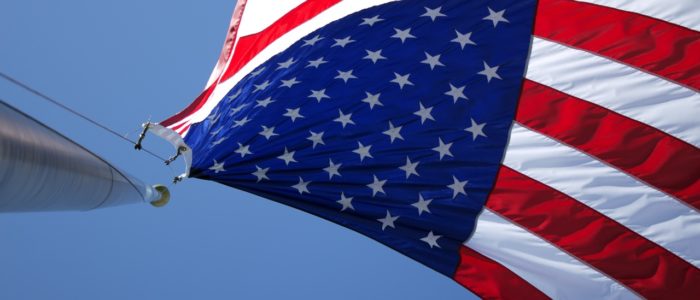Virtually every case in Minnesota filed in the state court system must go through some type of alternative dispute resolution, like mediation. There are a few exceptions, notably in guardianship and conservatorship proceedings, and domestic abuse or civil commitment matters. General Rule of Practice 114.04 also allows the court discretion to grant leave to the parties to skip this process in certain cases where mediation might be a waste of time. Earlier in my career, I represented Political Communications, Inc. with my good buddy Bryan Leary in just such a case against the State of Minnesota that is particularly relevant at this time of the year.
Several years back, the Minnesota legislature enacted Minnesota Statute section 211B.11, subdivision 2 which prohibited various political campaigning on the day of a primary or general election. That statute stated, “a person may not broadcast, circulate, or distribute campaign material, or cause contain material to be broadcast, circulated, or distributed on the day of a primary or election.†Violation of the statute was a petty misdemeanor. Presumably, the purpose behind the statute was to prevent last-minute smear campaigns where the target would not have an ability to timely respond.
The effect of the statute, of course, was to require that political campaigning take a day off on Election Day. In other words, there would be no more leafleting, no more ads on the radio, and no more TV advertisements.
On behalf of our client, we brought a lawsuit against Hennepin County and the Attorney General for the State of Minnesota for the purpose of challenging the constitutionality of the statute. The lawsuit sought an order from the court declaring that the statute violated the First Amendment of the United States Constitution and an injunction against law enforcement authorities to prevent the enforcement of the statute.
This was obviously a situation in which they were no grounds for compromise. There could be no settlement agreement to simply look the other way and ignore the statute. Our client wanted to publish Election Day information about the political campaigns. The mere fact that the law was on the books would have a chilling effect on those that wanted to continue campaigning on Election Day. Indeed, the United States Supreme Court addressed a similar ban on Election Day campaigning arising from the prosecution of a newspaper editor who published an Election Day editorial in Alabama in violation of a statute law prohibition. The Supreme Court struck down the Alabama statute because the Constitution does not take the day off on Election Day.
In our case, the district court agreed that this particular Minnesota statute prohibiting campaigning on Election Day was unconstitutional. There was no reason to hold a mediation or search for a compromise. The statute violated the First Amendment and needed to be removed from the Minnesota statutes for the public good. Soon afterwards, the legislature followed that district court order, and repealed this prohibition on Election Day campaigning. The rest is history.
So, when you wake up on Election Day, and you are greeted on the radio or TV with another political ad, you are welcome.

